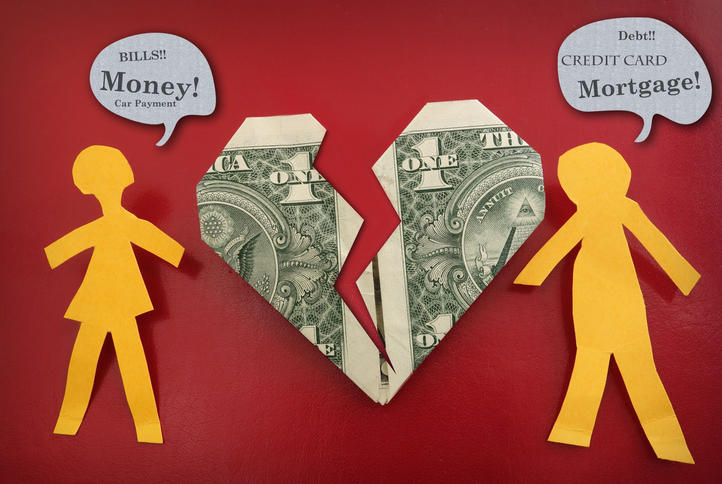
When your marriage is ending, you probably want to get through the process as quickly as possible and move on with life. But one thing can keep you tied to your former spouse in a way you never expected: debt. That’s why it’s important to take the time to be sure all debts are revealed during the process and agreements are made about how they will be paid.
One good starting place is with the credit bureaus. Because anyone can take on debt, it’s good to know which debts are in your name only and which you share jointly with your spouse. TransUnion, Equifax, and Experian are the three bureaus that monitor your credit. You are entitled to one free credit report from them per year, which you can obtain online.
Next you’ll want to understand how North Carolina divides assets and debts in a divorce. The state follows a system of equitable distribution, by which the court will decide on a fair though not necessarily equal division based on such factors as each party’s contributions to the marriage, financial and otherwise. If there is a prenuptial agreement, it will affect equitable distribution.
Home mortgages and car loans will require refinancing to transfer the asset into the name of the person keeping the property or vehicle. Some lenders may change the name on the account when a divorce agreement states that one person will be assuming the payments.
It’s important to know that if your ex files for bankruptcy, it could impact you as well.
An experienced attorney can be a great help in advising you about marital debt when you are going through divorce. Our Carolina Law Group divorce attorneys have the skill and experience to protect your interests and answer your questions. Call our firm at 252-636-3737 or contact us online to schedule a consultation at our New Bern or Morehead City office.

